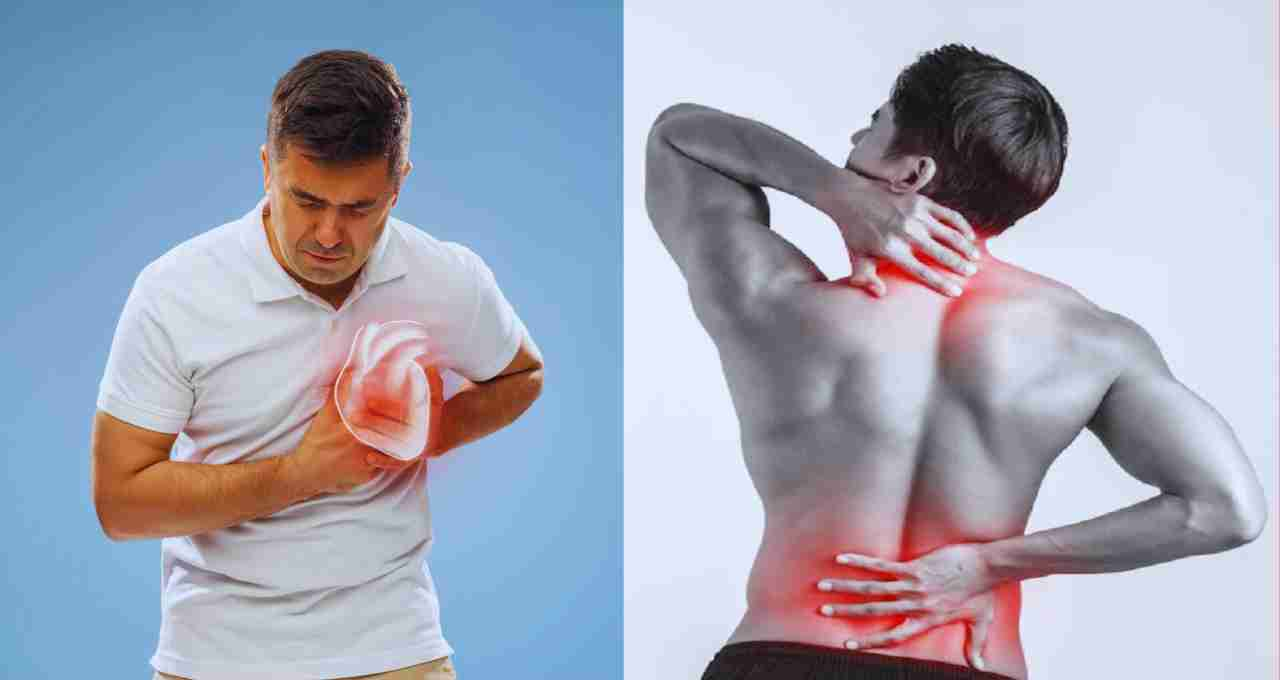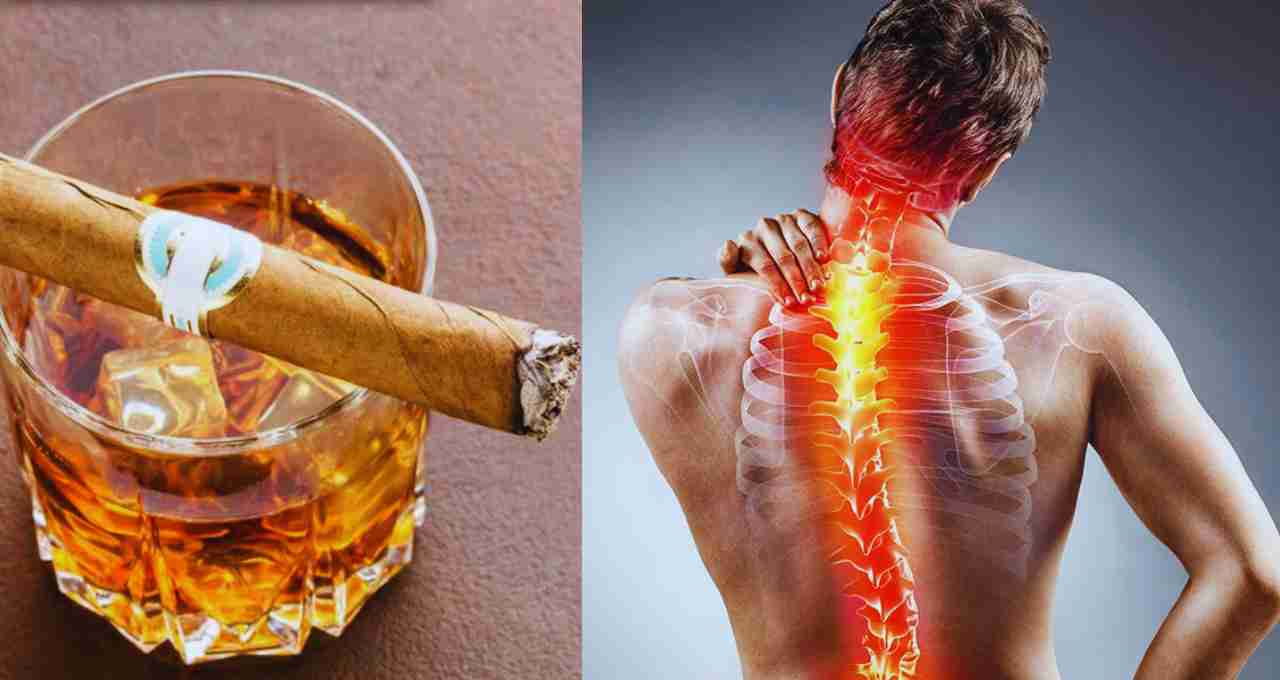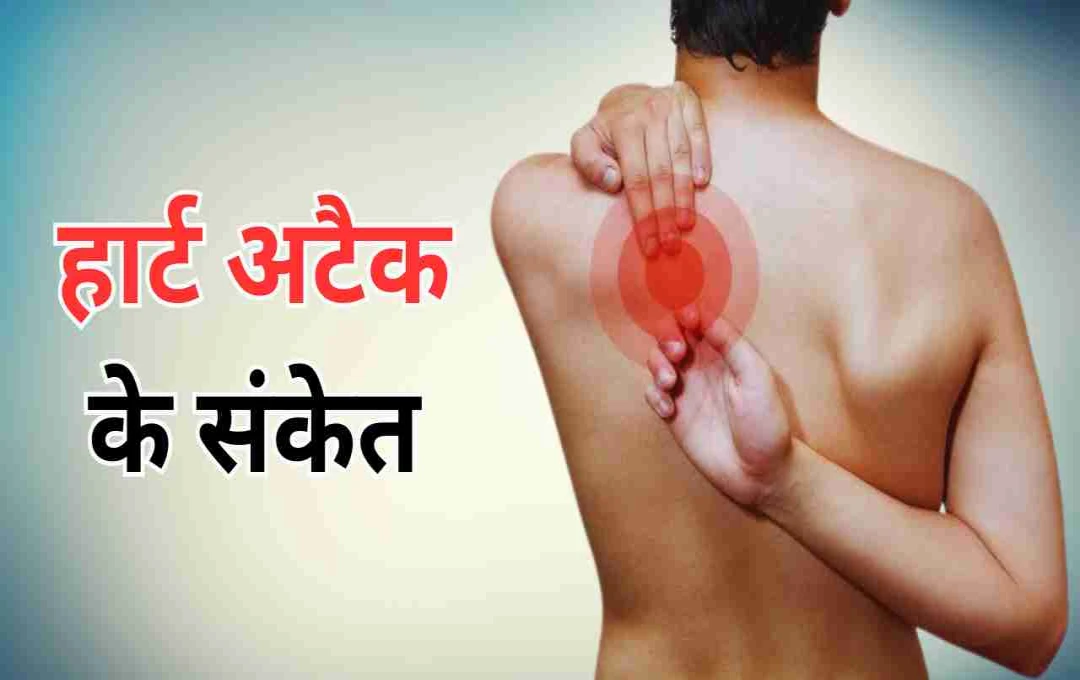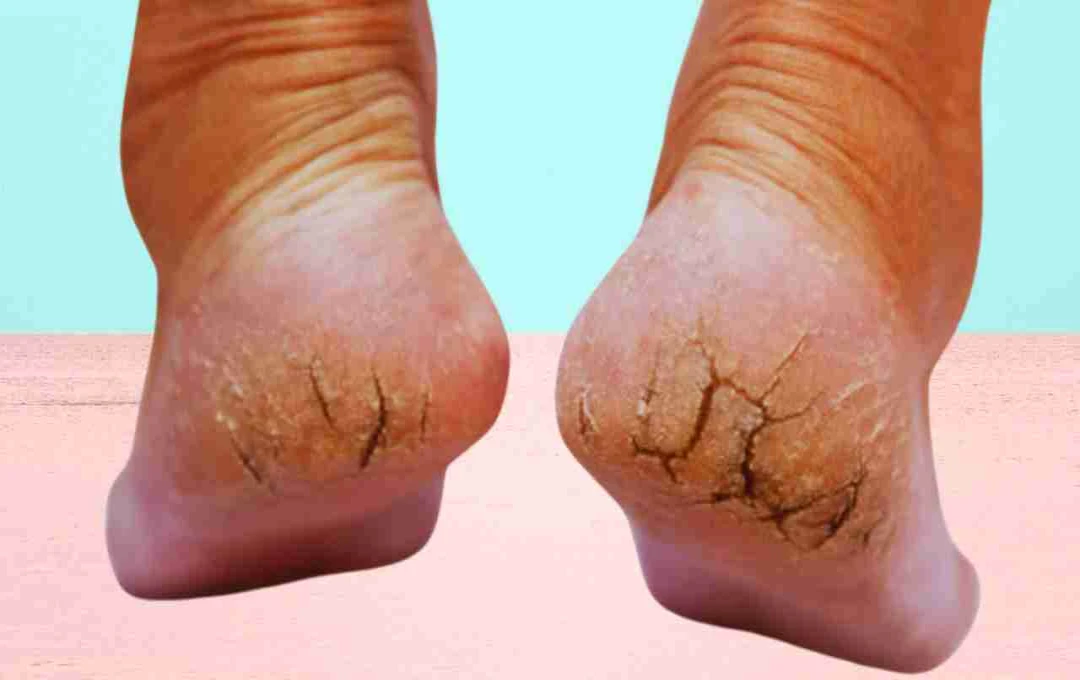Often, when we talk about a 'heart attack,' our attention is focused solely on the chest pain. However, modern medicine and research have proven that the symptoms of a heart attack are not limited to the chest alone; they can also manifest in other parts of the body, especially the upper back. Unfortunately, many people dismiss this sign as minor pain, and this negligence can be fatal.
Heart Attack Symptom: Pressure-like Pain in the Back
The heart is located in the center of our body, and the signals of pain associated with the heart can be felt in other parts of the body as well. When a heart attack occurs, it can begin with pain in the upper back, particularly between the shoulders or in the upper part of the spine. This pain is not sharp but often feels like pressure, tightness, or heaviness. This symptom is more common in women. Women experiencing a heart attack may exhibit symptoms such as back pain, jaw pain, or extreme fatigue instead of the traditional symptom (chest pain). This is why their heart attack becomes 'silent'.
How to Distinguish Between Heart Attack Pain and Normal Back Pain?

Back pain can occur due to several reasons – such as muscle strain, incorrect posture, or lifting heavy objects. But if the pain starts suddenly, does not subside with rest, and is accompanied by symptoms like shortness of breath, vomiting, cold sweats, or dizziness – it could be a heart attack. Be especially cautious when the pain starts in the upper back and spreads to the neck, shoulders, or both arms. This sign clearly indicates a serious heart problem.
Different Heart Attack Symptoms in Women
Reports from the American Heart Association (AHA) indicate that heart attack symptoms in women can differ from those in men. Men typically experience chest pressure or sharp pain, but women may experience back pain, vomiting, fatigue, and dizziness in addition. Many times, women dismiss these symptoms as tiredness, gas, or simple back pain. However, this negligence can be life-threatening.
Silent Heart Attack: When Pain is Not Felt
Some people are not even aware that they are having a heart attack and dismiss it as a minor health issue. This is called a 'silent heart attack,' and it is more commonly observed in women than in men. According to the CDC, one in five deaths from heart attacks occurs in a state where the patient is unaware that they have had an attack. This silent attack can cause serious damage to the body, especially to the heart muscles.
Who Needs to Be More Vigilant?

- Those with high cholesterol or blood pressure
- Those who smoke or consume alcohol
- Those with a family history of heart disease
- Those who are obese or do not exercise regularly
- Women should pay special attention after the age of 40
If these individuals experience recurrent pain in the upper back, they should consult a doctor for an ECG or echocardiography.
What to Do If You Experience Such Symptoms?
- If the pain feels unusual and does not improve with rest, contact a doctor immediately.
- Do not dismiss it as 'gas' or 'fatigue' while sitting at home.
- If you have any heart-related medication, take it as advised by your doctor.
- If you suspect a heart attack, call an ambulance and go to the nearest hospital.
We often consider back pain normal, but when it is located directly behind the heart, in the upper back, and is accompanied by problems such as fatigue or shortness of breath, do not take it lightly. Especially in women, such symptoms can be signs of a heart attack. The greatest key to life is – taking the right step at the right time. Therefore, do not ignore any such pain and get it checked in time.















